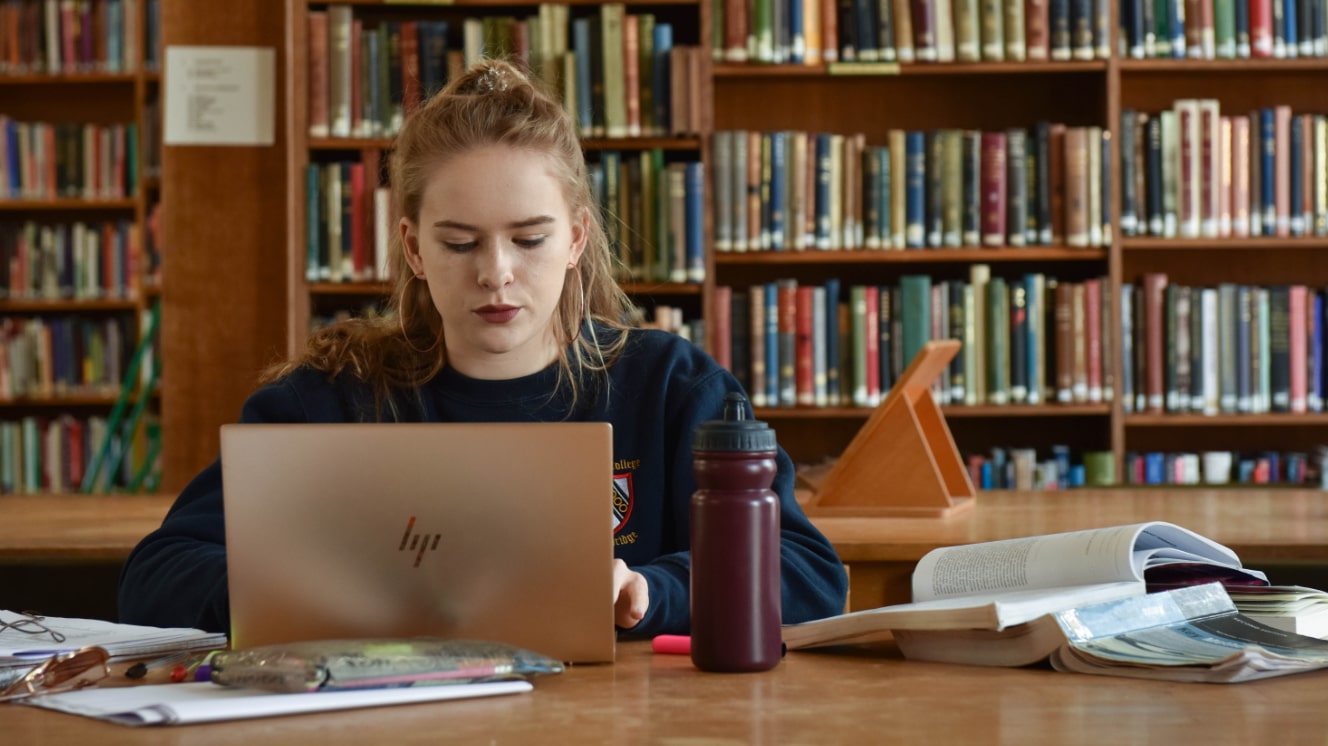This resource was funded by the Take Your Place project. To find out more information visit https://www.takeyourplace.ac.uk/
Resources
Introduction to Archaeology
Introduction
Archaeology is the study of the past, through the people, things, objects, animals and the landscape that humans have interacted with. That means it’s a huge subject that pulls on many different topics. You could be studying how gender has been perceived by different societies, or you could be using scientific analysis to understand how humans have domesticated and changed the environment around them, or even studying ancient texts. Archaeology is great if you like to travel, be outside and active!
Archaeologists find out about the past by excavating (digging up) the physical remains they left behind. You might see archaeologists working on a building site, checking what is there before construction starts. Or if researching a particular place and time, this might take them anywhere in the world! Other archaeologists preserve and present work in museums, or other heritage spaces.
Archaeology isn’t a subject that is taught at school, but relies on many subjects to understand people in the past. Subjects like History, Geography, Chemistry, Maths, Computing, Psychology and many more are all helpful if you want to study Archaeology.
Objectives
• To be introduced to the key ideas underpinning archaeological techniques
Resource activities
Activity 1 - Archaeology Around You
This activity gets you to think about the archaeology around you and start to consider some of the questions an archaeologist might ask.
Activity 2 - Archaeological Techniques
Archaeologists spend a lot of time talking about ‘stratigraphy’. This means the layers
of soil that have built up over time.
This activity will show you how archaeologists use this to learn more
about the past.
Activity 2 Answers - Archaeological Techniques
This document suggests some answers for the questions in activity 2.
Full Glossary
This document gives a few more definitions of key terms for understanding more about archaeology.
Further Reading
This has some suggestions for further reading you might enjoy if you are interested in archaeology.
Activity questions
- Which well known structure has the earliest construction date?
- What archaeological technique is considered destructive?
- In what modern country is the ancient city of Babylon?
- What tool would you not find on an archaeological excavation from the following: hose, digger, trowel?
Reflective questions
To answer and record these questions you will need to have an account and be logged in.
Task 1
What are the key arguments, concepts, points contained within it?
Task 2
What are you struggling to understand?
What could you do to improve your understanding of these concepts/terminology etc.?
Task 3
What further questions has this resource raised for you?
What else are you keen to discover about this topic and how could you go about learning more?
Can you make any links between this topic and your prior knowledge or school studies?
Help us evaluate this resource

Your feedback is very important to us. Please complete a short questionnaire.
GoFurther reading
-
Council for British Archaeology
An educational charity in the UK that aims to involve as many people as possible in archaeology
-
The Young Archaeologists Club
A club for young people interested in archaeology. Have a look to see if there's a club in your area.
-
The British Archaeological Association
A website for professional and amateur archaeologists.

